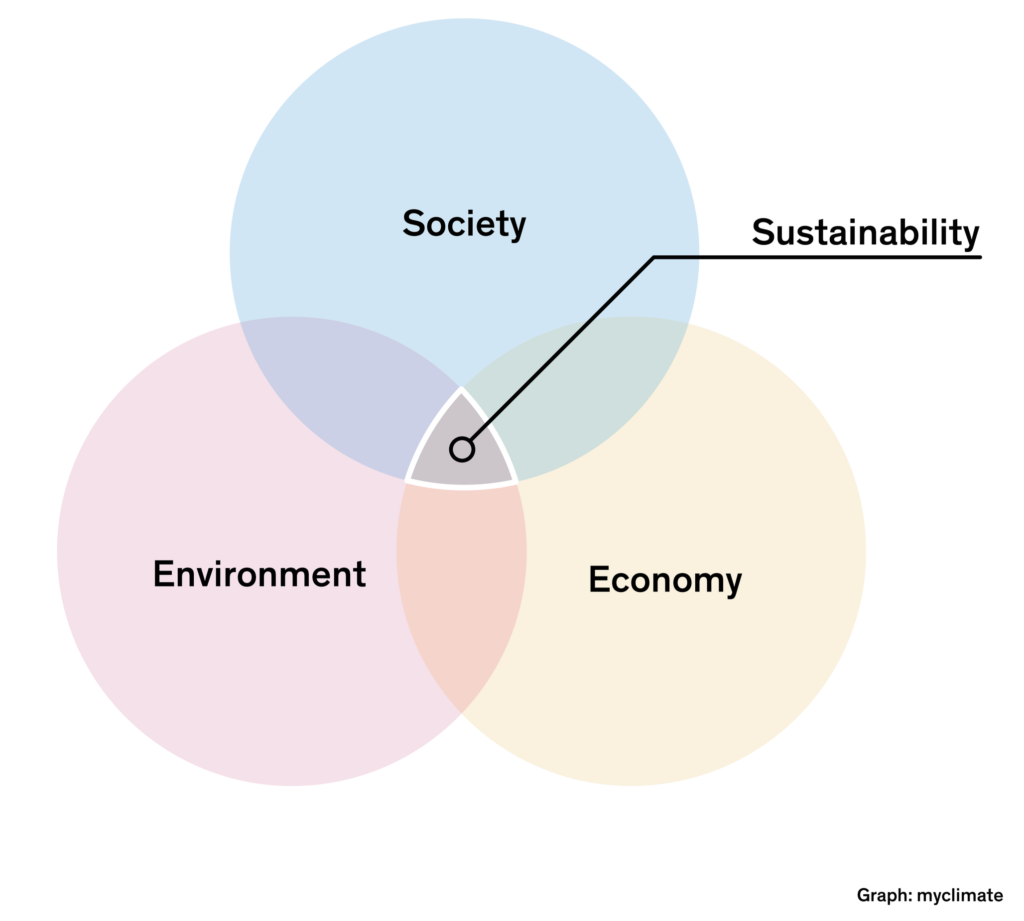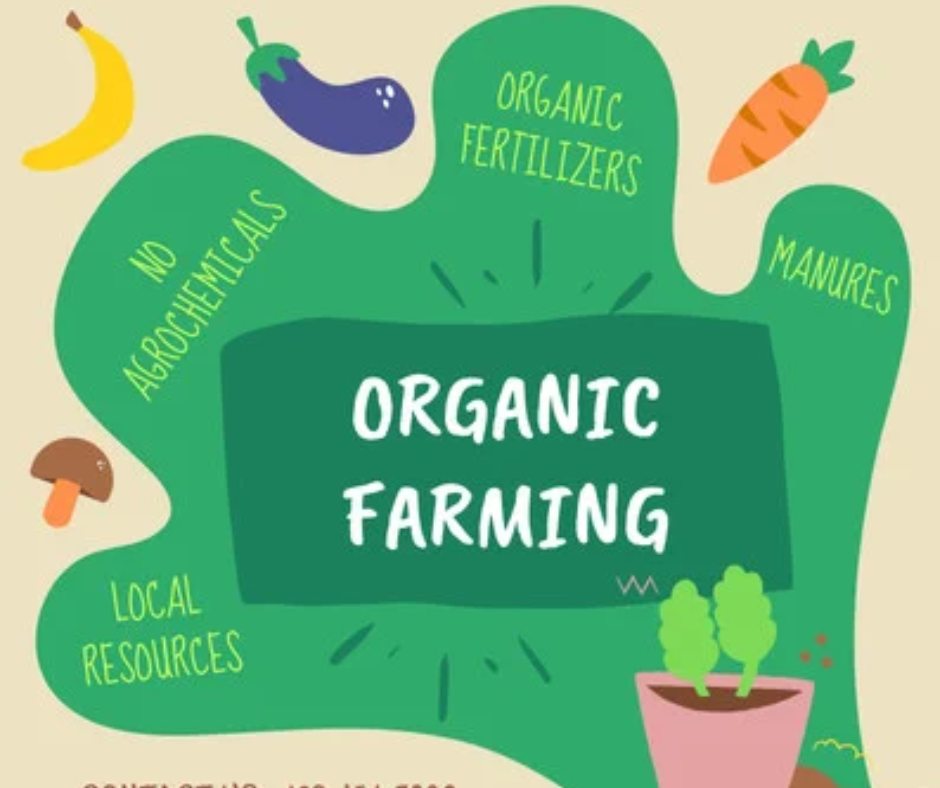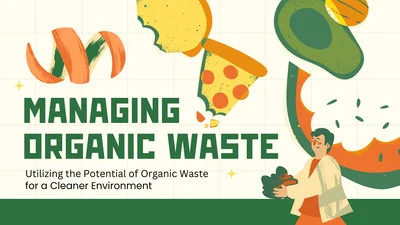If we break it down to the core, sustainability is about providing for our needs without taking away from those of future generations. It means designing systems and practices that contribute to ecological balance, minimize waste, and use resources sensibly. Sustainability in India is not a modern phenomenon but is influenced by our roots, traditions, and philosophies that promote harmony with nature, conserving natural resources by leading simple lives. Modernity has ushered in industrialization, capitalistic nature, and consumerism, but many facets of India’s cultural heritage advocate sustainable practices. Sustainability in India — The eternal essence of Indian culture — And sustainable products that can positively impact our lives now and hereafter.

Embodiment of Sustainability in Indian Culture
This culture of sustainability has long existed in some traditional practices in India, most of which continue to be followed even now, especially among rural communities and households. Sustainability in Indian culture has been followed from ancient times, Be it the Harappan Civilization Mohenjo-daro, or Indus Valley Civilization people have always used sustainable ways to balance and live in harmony with nature. Below are some instances where Indian culture has subconsciously resonated with sustainability:

Agriculture and Organic Farming: Indian farmers understood the need of the hour back then they practiced organic farming using natural fertilizers such as cow dung, and organic waste and used to practice crop rotation and intercropping. This included maintenance of the soil with organic fertilizers — which reduced chemical dependence and increased biodiversity.
Environmentally Friendly Houses: Traditional Indian architecture emphasized the use of local and natural building materials in housing such as mud, bamboo, stone, and also grass for roofing which are sustainable. In particular, energy efficiencies are felt in the form of mud houses due to the property that makes its interiors cooler during summer and warmer during winter naturally. Thanks to the rise in eco-consciousness, these materials are resurfacing as people seek more sustainable forms of housing.
Adopting Zero-Waste Kitchen: Indian kitchen practices have always excelled at waste minimization. That is, they often reuse every leftover food in a new recipe, compost vegetable peels whenever possible, and metal, clay, or glass containers are preferred over plastic by all means. The longer tradition of sustainable living by cooking in reusable and nature-based cookware say clay pots, cast iron, and brass is also by sustainability.
Water Conservation: Indian culture has always emphasized the importance of water conservation and rainwater harvesting by building step wells, water tanks, and structures to preserve rainwater, which will help in steady water supply for agriculture and household use which helped to attain sustainability. Such practices are still used but with modernity such as building reservoirs, borewells, and machines for rainwater harvesting, this will ensure that water scarcity does not affect future generations and maintain sustainability.
Natural Remedies and Ayurveda: Ayurveda is one of the most renowned traditional systems of medicine that has survived and flourished for ages to date. It contributes to holistic health by using natural herbs, species, natural resources, and organic produce rather than synthetic products. It emphasizes the importance of a balanced lifestyle and healthy diet, which helps in consciously consuming products and helps promote a sustainable environment.
How Modern India Is Shifting Towards Sustainability
In recent years, there have been a lot of developments happening globally which have increased depletion of resources, deforestation, water scarcity, excessive use of plastic, water pollution, and air pollution which has led to Global Warming which has caused climate changes leading to the extinction of many land and sea animals.
As these environmental concerns have increased globally, people are becoming aware of the importance of sustainability. The government of India has taken initiatives such as “The Swachh Bharat Abhiyan” (Clean India Mission), which is an effort to educate people to avoid litter, reduce waste, and keep the surroundings clean, while the “Make In India” movement to encourage companies to develop, manufacture and assemble products in India, helping the locals to increase the economic state, indirectly increasing the country’s economy and sustainability.
Due to these initiatives, Urban Indians are taking initiatives to live a sustainable life through simple changes in their everyday life, such as reducing the use of plastic to a minimum, which will indirectly reduce the production of plastic to some extent, separating the dry waste and wet waste and using the wet waste as compost for plants and bio-enzymes used to cleaning the house, creating their terrace gardens and using the compost for plants as natural fertilizers and using eco-friendly products that are non-toxic to the environment.
Many companies are producing eco-friendly products with non-toxic chemicals that don’t harm the water bodies, sustainable fashion using cotton, jute, recycled clothes, using natural waste such as banana tree trunks, and lotus root to create silk without hurting the silkworms and biodegradable packaging to meet the demands of environmentally aware customers.
Sustainable Products And Companies
Indian artisans and communities are skilled in creating products that are eco-friendly, sustainable, and durable. These products not only help in environmental development but also employ many Indians. Let’s know about the age-old products that we Indians have been using.
Jute, Bamboo, and Cotton: India is the largest producer of Jute which is a biodegradable fiber and India is the 2nd largest producer of Cotton which is a highly biodegradable product. We have been using these fibers to create clothes, bags, mats, baskets, bedspreads, hats, and many more. Were as, Bamboo has been used for ages to create furniture, plates, baskets, cutlery, home décor, and even toothbrushes. Even today these products are as popular as they were, nowadays you can see there is an increase in different variety of products that were not available before such as bamboo towels, and bamboo kitchen napkins which can be used instead of paper towels which will reduce deforestation.
Terracotta, Clay, Brass, and Copper: The art of terracotta has been used for centuries in India, which helps in making clay pots for cooking and storage purposes. Clay products are always used in Indian households for cooking which has many health benefits with making the food more flavourful. Brass and copper vessels have also been used in Indian households for a very long time, it’s used for cooking and storage purposes. As awareness about the health benefits of using these products has increased these products are gaining popularity in Indian and World markets.
Companies Making Sustainable Products: It’s worth mentioning the names and promoting companies who are putting efforts into making sustainable and eco-friendly products to reduce waste.
- JAVI: This company manufactures laundry and cleaning products that are plant-based and come in powder form that is non-toxic with biodegradable packaging, which in turn reduces the use of plastic which is hazardous to the environment.
- ECOSYS: This company manufactures laundry, cleaning, and fresheners with 100% water-soluble substances which are biodegradable.
- BANOFI: This company manufactures wallets made from banana waste, offering an eco-friendly alternative to traditional leather. Its production uses 95% less water and helps reduce 100 million tonnes of annual crop waste.
- PACKMATE: This startup pioneer in creating eco-friendly notebooks, calendars, and food wraps from recycled paper, eliminating the need for paper cutting.
- BRISTOL: This company pioneer in creating eco-friendly tooth tablets, that are travel-friendly and come in glass jars which helps in the reduction of waste.
- ECOKAARI: This Pune startup makes unique bags and purses crafted from discarded plastic wrappers like chip packets, Ecokaari has turned non-recyclable waste into durable, stylish bags with a lifetime warranty. This initiative has saved over 3 million wrappers from landfills and empowered 100+ artisans.
- COCO CUSTO: This is an eco-friendly detergent with biodegradable ingredients, which cleans clothes without harming marine life.

Lastly, what we as responsible citizens can do to create a sustainable lifestyle that doesn’t harbor the needs of future generations while ensuring a balance between economic growth, environmental care, and social well-being? Few steps that we can take in our day-to-day life to create sustainability.
- Segregating dry waste and wet waste
- Using wet waste to make compost and bio enzyme
- Creating your own kitchen or terrace garden
- Trying to minimize the usage of plastic
- Carry your cotton bags for shopping and say no to plastic
- Using clay, iron, stainless steel, copper utensils
- Stop using non-stick, plastic, and aluminium utensils
- Purchase groceries from your local vendors
- Instead of purchasing cooking oil buy cold press oils from local shops
